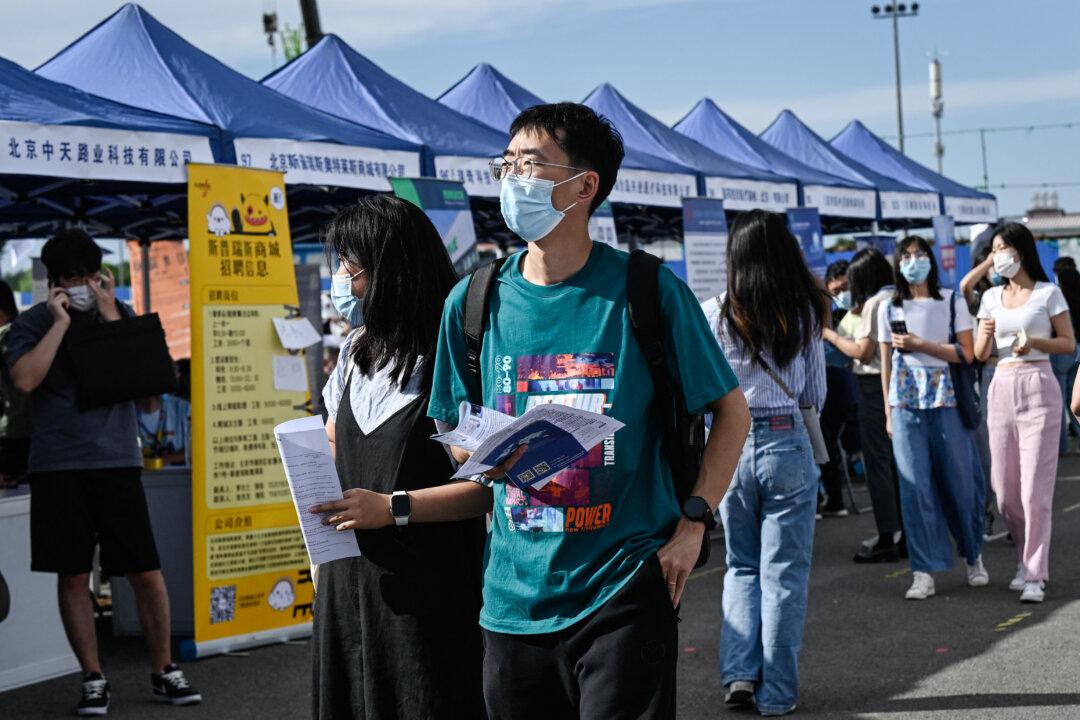China’s unemployment rate in May reached a record high of 20.8 percent for youth aged 16–24.
Combined with the record-breaking 11.58 million graduates this year, the pressure on the job market is unprecedented.

Combined with the record-breaking 11.58 million graduates this year, the pressure on the job market is unprecedented.